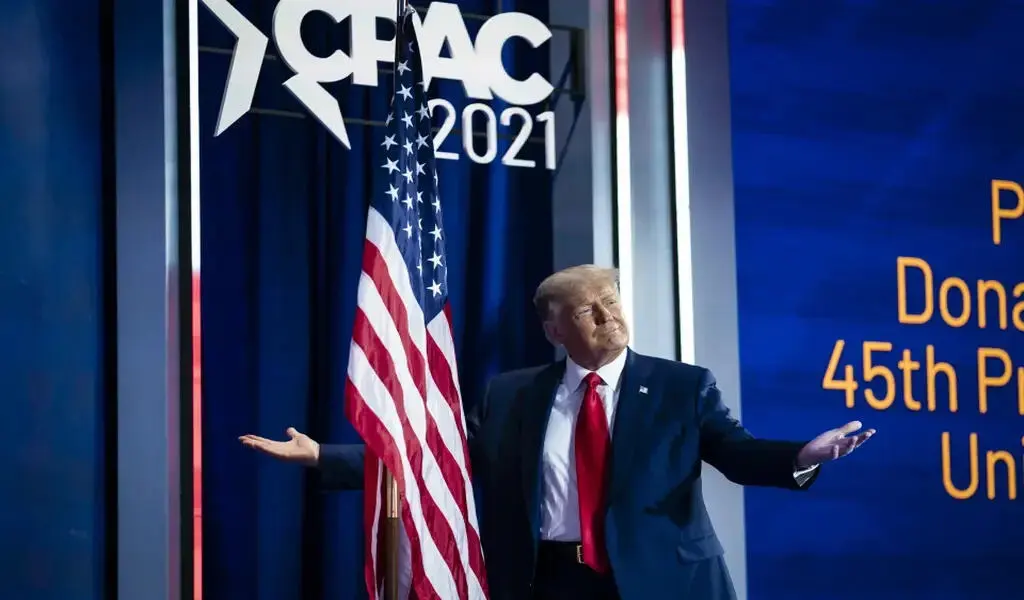(CTN News) – In the years since he left office in 2021, Donald Trump has not been timid about discussing the stock market, changing his rhetoric based on Wall Street’s ups and downs.
He continued to take credit for a rally even after he departed Washington; he compared a downturn in 2022 to the Great Depression; he downplayed the recovery; and he is now back to taking credit (while also predicting a crash).
Several phases can be identified in Donald Trump comments concerning the performance of Wall Street in the 37 months since Biden succeeded him, according to an analysis by Yahoo Finance.
It is evident from the analysis that Trump’s comments one day may be diametrically opposed to those he made months or weeks earlier.
In spite of this, his continued attention to this matter indicates that market fluctuations will be a frequent topic of discussion in the campaign season ahead, especially after President Joe Biden recently boasted about the high level of the market after years of avoiding the subject.
The stock market will crash if he wins the election,” Donald Trump said in 2020 while pointing across the debate stage at Biden.
Trump has revised and extended his remarks over the years.
In 2021, the market rose and we took credit for it
In the month prior to the swearing in of Vice President Biden, the S&P 500 closed at 3,798.91, just before the S&P 500 closed at 3,798.91. Market sentiment continued to improve throughout 2021, with the index closing at 4,766.18 in 2021, an increase of more than 25%.
The former president chose instead to continue taking credit for his prediction of a crash, which did not occur as predicted.
Despite having been out of office for more than a month, Donald Trump still referred to “our stock market” in a speech in February 2021.
“Your 401(k)s are again at record levels, higher than ever before,” he informed a crowd at the Conservative Political Action Conference.
As well, Donald Trump has consistently claimed that he does not receive enough credit for the rebound in stock prices in late 2020 following a drop in the early stages of the COVID-19 pandemic.
SEE ALSO:






